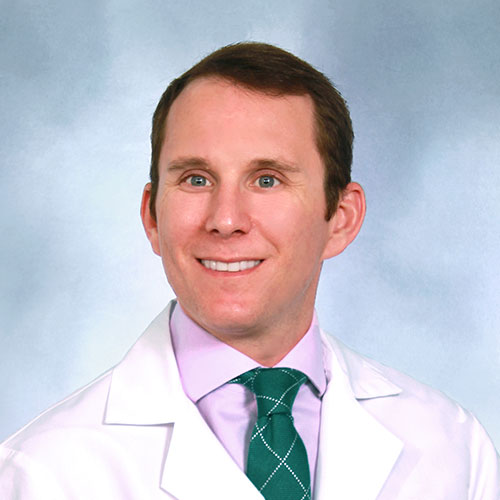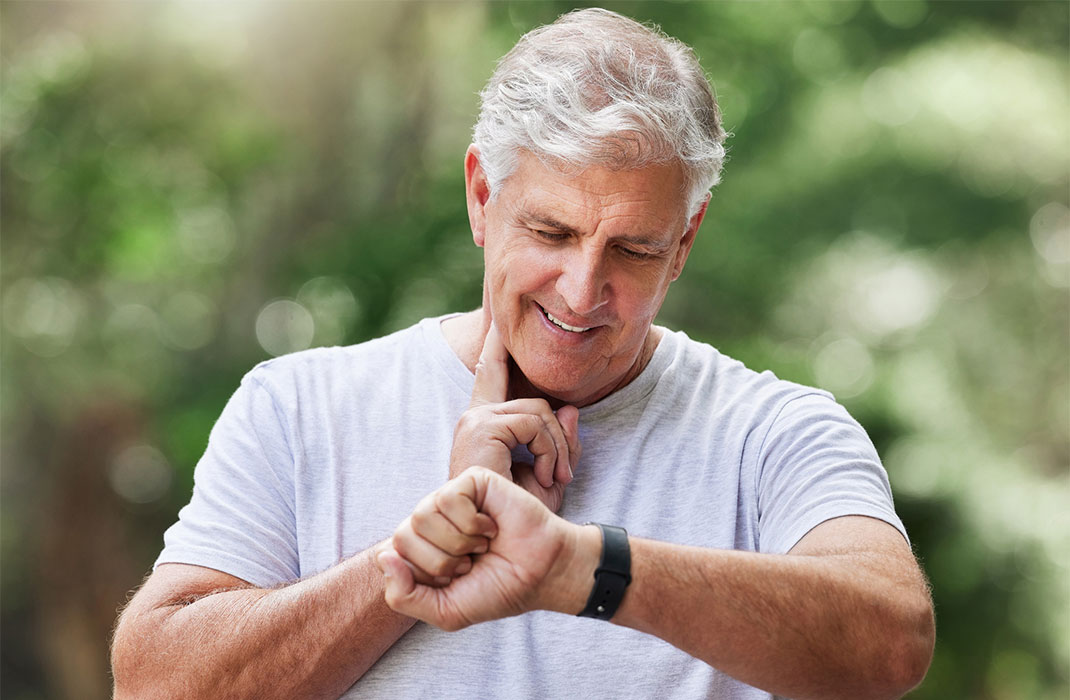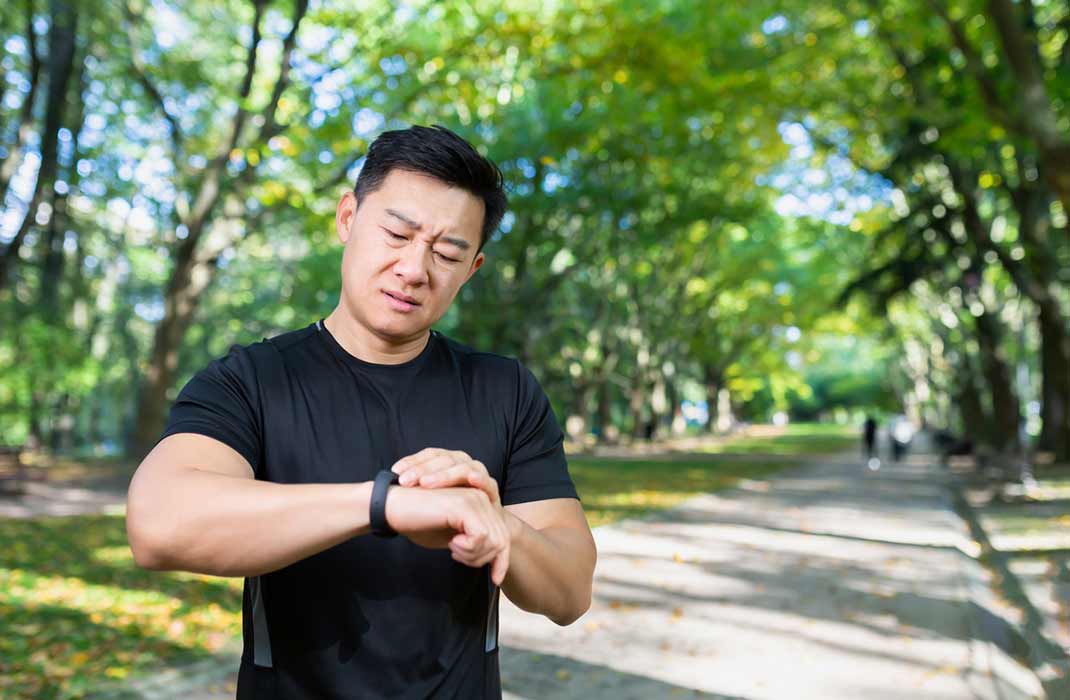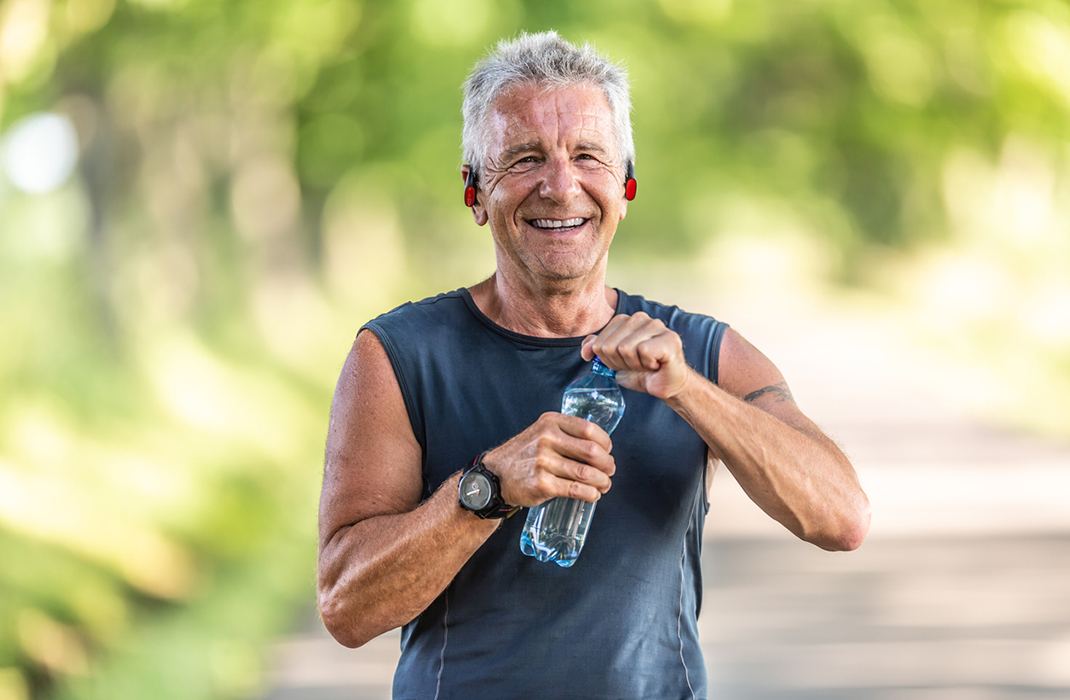-
- Find Care
-
- Visitor Information
- Find a Location
- Shuttles
- Visitor Policies
-
-
-
- Our Virtual Care Options
- Virtual Urgent Care
- Virtual Visits for Primary & Specialty Care
- Online Second Opinions
- Participate in Research
-
- Contact us
-
- For Innovators
- Commercialization Guide for Innovators
-
-
- Research News
- Alzheimer's Disease
- Artificial Intelligence
-
- Overview
-
- Overview
- Getting Started
- New to Mass General Brigham
- International Patient Services
- What Is Patient Gateway?
- Planning Your Visit
- Find a Doctor (opens link in new tab)
- Appointments
- Patient Resources
- Health & Wellness
- Flu, COVID-19, & RSV
- Billing & Insurance
- Financial Assistance
- Medicare and MassHealth ACOs
- Participate in Research
- Educational Resources
- Visitor Information
- Find a Location
- Shuttles
- Visitor Policies
- Find Care
-
- Overview
- Our Virtual Care Options
- Virtual Urgent Care
- Virtual Visits for Primary & Specialty Care
- Online Second Opinions
-
- Overview
- Participate in Research
-
- Overview
- About Innovation
- About
- Team
- News
- For Industry
- Venture Capital and Investments
- World Medical Innovation Forum (opens link in new tab)
- Featured Licensing Opportunities
- For Innovators
- Commercialization Guide for Innovators
- Contact us
-
- Overview
- Information for Researchers
- Compliance Office
- Research Cores
- Clinical Trials
- Advisory Services
- Featured Research
- Two Centuries of Breakthroughs
- Advances in Motion (opens link in new tab)
- Brigham on a Mission (opens link in new tab)
- Gene and Cell Therapy Institute
- Research News
- Alzheimer's Disease
- Artificial Intelligence
-
- Overview
-
- Overview
- Residency & fellowship programs
- Brigham and Women's Hospital
- Massachusetts General Hospital
- Mass Eye and Ear
- Newton-Wellesley Hospital
- Salem Hospital
- Integrated Mass General Brigham Programs
- Centers of Expertise
- Global & Community Health
- Health Policy & Management
- Healthcare Quality & Patient Safey
- Medical Education
- For trainees
- Prospective trainees
- Incoming trainees
- Current trainees
- Continuing Professional Development
Heart Health and Summer Heat

Summer heat can affect anyone, but people living with heart disease need to be extra aware of the dangers of overheating. Ryan Connolly, MD, a Mass General Brigham cardiologist who cares for patients at Salem Hospital, explains how hot days affect heart health. He also discusses why heart disease increases your risk of heat exhaustion and how to protect yourself when temperatures rise.
How does hot weather affect your heart?
To understand why heat affects your heart, it helps to first know how your body responds to heat. “Your body is always trying to maintain a temperature of around 98.6° F (37° C),” says Dr. Connolly. “Whether it’s cold or hot, your body is going to react in different ways to regulate your temperature.”
In heat, there are two primary ways your body regulates temperature:
Radiation: The blood vessels in your skin dilate (become wider), which increases blood flow to your skin. The heat in your body radiates through your blood vessels and skin out into the air, which helps cool you down if the air is cooler than your skin.
Sweating: When sweat evaporates from your skin, it carries away excess heat.
Your body’s attempt to stay cool affects your entire cardiovascular system. “When the blood vessels in your skin dilate to release heat, your blood pressure drops,” says Dr. Connolly. “When blood pressure drops, your heart works harder by pumping faster and more forcefully to keep your blood pressure from dropping too low. On a hot day, your heart may have to pump 2 to 4 times more blood than normal, depending on how hot it is. That can put a lot of stress on your heart.”
Heart medications can worsen the effects of heat.
Some of the medications for treating coronary artery disease (CAD), heart failure, and high blood pressure can interfere with your body’s cooling mechanisms. These drugs may make it more difficult for you to stay cool in the heat:
- Beta-blockers: These medications are often used to treat CAD, heart failure, high blood pressure, heart rhythm problems (arrhythmia), and other heart conditions. Beta-blockers decrease heart rate, which is the opposite of what your body wants to do to cool you when it’s hot.
- Calcium channel blockers: These medications are part of treatment for many of the same conditions as beta blockers and work similarly. Calcium channel blockers can make it more difficult for your body to keep from overheating.
- Diuretics: These medications help your body get rid of extra fluid and salt through your urine. Diuretics can cause you to become dehydrated and overheat more quickly in hot temperatures.
It’s important, however, that you stick with any medication regimens as prescribed. Talk with your doctor if you’re concerned about medications you’re taking and the heat.
Summer heat and coronary artery disease
Coronary artery disease is a condition where the blood vessels that bring blood to your heart become narrow or blocked. CAD is a common cause of heart problems, such as heart attacks and abnormal heart rhythms.
“For people with coronary artery disease, we often try to keep blood pressure on the lower side to decrease the amount of work the heart has to do,” says Dr. Connolly. But your body’s reaction to heat creates the opposite effect as your heart works harder. The medications for CAD are important for treating the condition, but they can make it challenging for your body to stay cool in the heat.
Summer heat and heart failure
Heart failure is a condition where your heart doesn’t pump effectively and therefore can’t move blood through your body as quickly as it should (cardiac output). Reduced cardiac output makes it more challenging for your body to cool you down. In addition, heart failure treatment often includes beta-blockers, which further hinder your body’s ability to get rid of heat.
Heart failure also presents an additional issue when it comes to heat. “People with heart failure tend to have fluid swelling in their bodies, so we may have them limit the amount of liquid they drink,” says Dr. Connolly. “But typically, when you’re in the heat and you’re sweating, you need to drink water to avoid getting dehydrated.” Proper fluid balance can be challenging for people with heart failure.
“Unfortunately, there’s no perfect solution for people with heart failure when it comes to being in the heat,” says Dr. Connolly. For many people, being in a setting where you could overheat may be unsafe.
Are heart attacks more common in the summer?
According to Dr. Connolly, heart attacks are more common on hot days, and people with heart failure may experience complications due to increased fluid intake. “Abnormal heart rhythm called atrial fibrillation (AFib) is also more common when it’s hot out,” he says.
What temperature is too hot for people with heart disease?
There isn’t a specific temperature that’s dangerous because it depends on how long you’re in the heat, how much you’re moving, your health, and other factors. “Once you get to temperatures of the mid-90s and above, that’s often where people with heart conditions start to have heat-related problems,” says Dr. Connolly.
Ways to be safe in the heat
Dr. Connolly advises watching the forecast to avoid being surprised by high temperatures. If it will be hot outside, stay inside or limit your time outdoors to cooler parts of the day. If you want to be active on hot days, avoid overheating by exercising when it’s coolest or moving your workout inside.
Dr. Connolly offers the following tips for dealing with the heat if you have heart disease:
- Avoid alcohol: Drinking alcohol in the heat makes it harder for your body to regulate your temperature, and it also may cause dehydration.
- Avoid sunburns: A sunburn dehydrates you and makes it harder for your body to keep cool.
- Don’t eat big meals: When you eat a large meal, your body sends blood to your digestive system to digest the food. With blood going to digestion, there’s less blood to flow to the surface of your skin to help cool you.
- Drink more water if your provider says you can: People with heart failure typically limit fluids, but if you’re going to be sweating a lot, you may need more water to stay hydrated. Ask your provider about how to adjust your water intake if you’re in the heat.
- Stay in the shade: Keep cooler by staying out of direct sun. A handheld fan or other personal cooling device can also help.
- Talk to your provider about medication adjustments: If you’re going to be in the heat, temporarily adjusting medication may help your body stay cool more easily. Be sure to speak with your provider before making any medication changes.
- When inside, stay in the coolest area: On hot days, try to sleep and spend most of your time in the coolest area of your house.
Symptoms of heat-related illness to watch for
If your body has trouble regulating your temperature in the heat, you’re at risk of heat exhaustion and heatstroke. Heat exhaustion happens when you overheat, but you’re able to bring your temperature down by moving to a cooler area or taking other cooling measures. Heat stroke is more serious because your body loses the ability to stay at a safe temperature.
Watch for these symptoms of heat-related illness:
- Confusion
- Cramps
- Dizziness or fainting
- Fever
- Nausea
If your body temperature stays too high — over 104° F (40° C) — you may have heatstroke. This condition requires immediate medical care.
“People often get into trouble in the heat because as they get older, they keep trying to do the same things they did when they were younger,” says Dr. Connolly. “Older people, in general, have a harder time regulating body temperature. It’s smart to know your limitations.”
Learn more about or contact Mass General Brigham Heart and Vascular services

Contributor
Related articles
-

published on
-

published on
-

published on
-

published on
-

published on
-

published on
-

published on
-

published on
-

published on